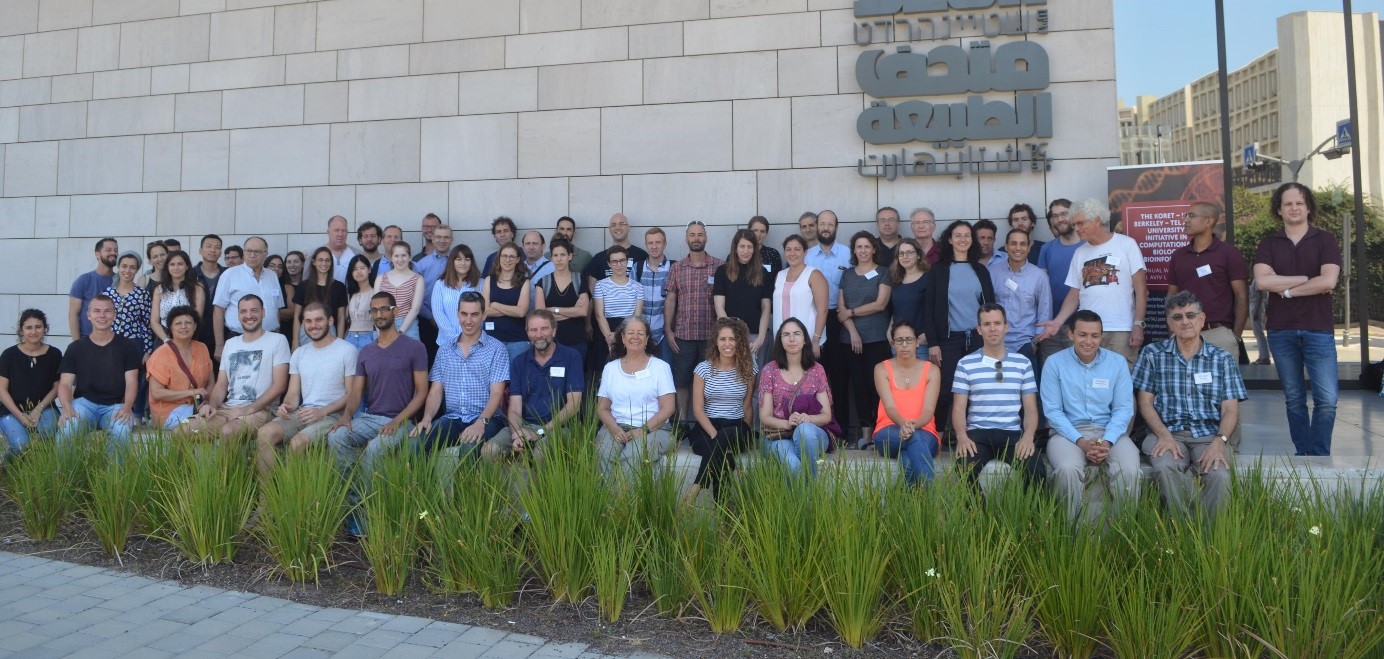US-Israel Collaborations: Predicting and preparing for the next crisis
Leveraging data science to improve public health
US-Israel Collaborations: Predicting and preparing for the next crisis
Leveraging data science to improve public health
Faculty at Israeli and Bay Area academic institutions are working together to address major social and public health issues of our day through joint research, scholar exchanges, and sharing knowledge. The scholars have distinct areas of expertise and specialization that complement and build on one another’s strengths.
A collaboration between Clalit Health Services, Israel’s largest healthcare organization, and the Stanford Center for Population Health Services has opened doors to studying a genetically and ethnically diverse population, including long-term follow up. Clalit Health Services insures and provides direct patient care to over half of the Israeli population, approximately four million individuals, including many among the country’s most underserved populations. For over fifteen years, Clalit has maintained detailed electronic records on this stably insured population, yielding a rich source of reliable, integrated data for population health experts.
The Clalit Research Institute (Clalit) was created as a distinct entity in 2010. Its tagline—Real People. Real Data. Real Change—attests to its intense focus. The Stanford Center for Population Health Sciences (PHS) was established in 2015 to find novel ways to improve health at the individual and community levels. The Center participates in multidisciplinary collaborations using data and biologic samples derived from well-characterized large population groups. PHS builds on the expertise of Stanford faculty in several key areas, including the University’s departments of statistics and computer sciences, bioinformatics, economics, and health services research. Since its launch, more than 750 Stanford scholars from a variety of disciplines have joined PHS as members interested in utilizing high-value datasets to answer challenging population health questions.
The initial Clalit and Stanford collaboration, launched during Koret’s 2016 round of Higher Education grants, leveraged Clalit’s valuable dataset and the expertise of Stanford data scientists. Investigators conducted several comparative studies that sought to improve the early identification of at-risk populations, and to increase the quality and efficiency of healthcare delivery in both the U.S. and Israeli health systems. The Clalit dataset further brings a significant advantage in addressing questions in which U.S. data falls short for pursuing broad research to enhance data access and infrastructure capabilities for a global community of population health researchers interested in improving the health of Jewish populations.
Investigators have had three papers accepted for publication in academic journals: “Why Is End-of-Life Spending so High? Evidence from Cancer Patients” in the Review of Economics and Statistics; “Supply-Side Variation in the Use of Emergency Departments” in The Journal of Health Economics; “Rising Opioid Prescription Fulfillment among Non-Cancer and Non-Elderly Patients—Israel’s Alarming Example” in Regional Anesthesia & Pain Medicine. Additionally, a research paper is under review on the impact of the increased use of telemedicine during the pandemic lockdowns.




